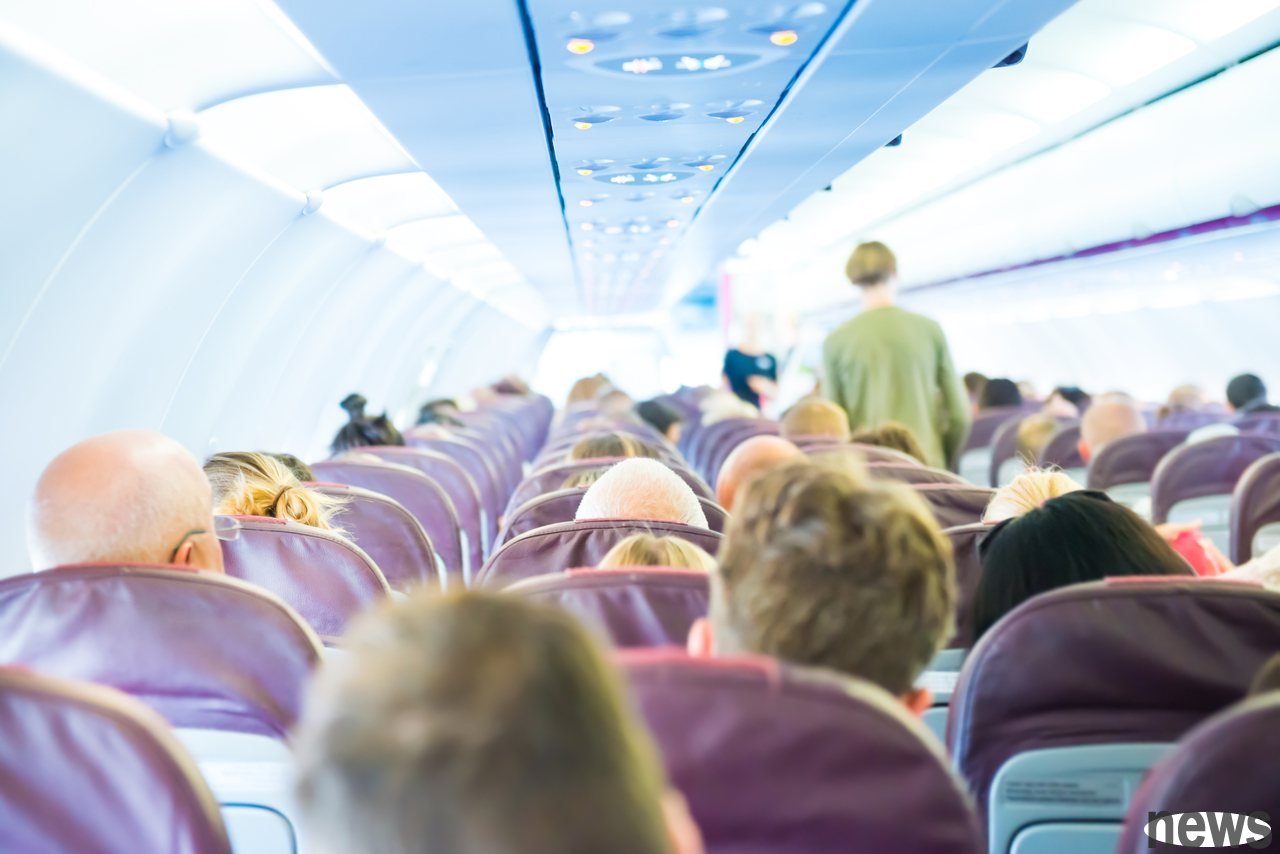
The machine is prone to dizziness or disgusting. Doctors recommend not to keep looking at the screen or to replenish moisture, which can relieve these unsuitable conditions.
If you have a physical inappropriate body, it is the last thing you want to encounter, but if you have a flight, you will definitely have many unsuitable situations. When riding a flight, you may experience unpleasant and even life-threatening reactions, such as nausea, abdominal pain, headache, dizziness, blood stasis, blood clots, nasal infections and ear horns. Once you get on the flight, these situations may occur. However, there are still some ways to reduce these situations when it comes to unsuitable aircraft.
The first thing is to avoid watching the screen. "If you have already used a machine, you should avoid using something that will have visual stimulation, such as a phone or a TV on a plane. You should sleep at this time. If you can't sleep, you can listen to music, podcasts or audiobooks." If you want to make your nausea comfortable, you should avoid looking at the vomit bags on your seat to avoid vomiting even more. "If you sit by the window, just stare at the horizon," said Rabia De Latour, a gastrointestinal physician at the NYU Robert Grossman School of Medicine, while avoiding unnecessary movement of the head. When you feel your head, you can close your eyes and use a cold compress to usually reduce your symptoms.
2. Replenish waterIf you feel nauseous or have gastrointestinal symptoms, you should add water as much as possible, as dehydration may cause malignancy, but you must drink slowly and carefully to avoid going to the toilet again. Delatur said, "Drinking water to replenish water is not carbonated drinks."
3. Trying to eat somethingSometimes, when I feel unsuitable, I don't want to eat anything at all, but I still eat something as much as possible. Modler said, "If you eat some bread or dry bread, you won't feel so nauseous if you have a small amount of mild food in your stomach."
4. Take medicineDanielle, assistant professor at Mount Sinai Hospital in New York, New York Qing) said, "When traveling, it is best to bring additional medicines with you, especially chronic diseases such as diabetes or heart pain. It is a very practical precaution to carry drugs for at least 7 days with your luggage, especially if you are caught in the checked luggage."
5. Sitting in a seatSome symptoms may require frequent visits to the toilet, but in most cases, when the machine feels unsuitable, you should keep sitting as much as possible, especially when the head or headache occurs. Qin said, "Try to sit in a seat. Sometimes standing will cause symptoms to become malignant." Delatur advised, "Don't stand, to avoid falling and causing head injuries."
6. Telling flight attendantsvomiting or diarrhea on the shift may make people feel embarrassed, but if there is a physical problem, it is important to inform the crew. Qin said, "If any of these symptoms occur, the first thing to do is to tell the flight attendants to provide medical assistance when necessary. Especially when draining water, they can provide some water or other fluids. Many airlines will also prepare some non-prescription drugs on the plane to reduce the physical inappropriateness of passengers."
(Responsible for editing Ye Zicen)